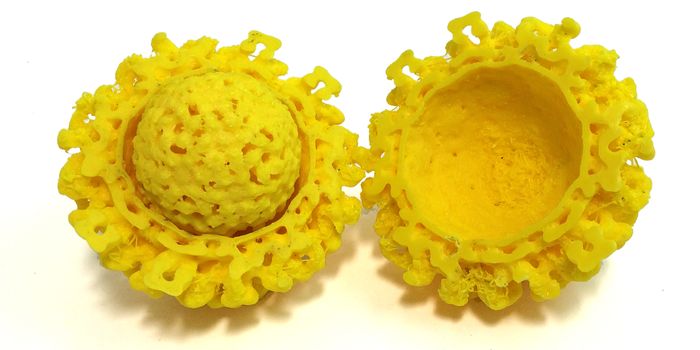We live in harmony with around 200 trillion microorganisms that make up the human microbiome. These friendly microbes help us do everything from breaking down food to keeping not-so-friendly microbes from attacking.
Researchers have discovered that for patients living with chronic inflammatory bowel disease, or IBD, these ordinarily harmless gut microbes trigger an overactive immune response. The result? Relentless symptoms such as diarrhea, weight loss, and abdominal pain. Scientists narrowed down the root cause of this problematic overreaction to a defect in the XIAP gene that disrupts the balance between gut cells and the gut microbiome.
The research was published in the journal Science Immunology.
Between 25 and 45 million people in the United States suffer from IBS. Treatments on the market can help manage some of the symptoms, but not all patients benefit from them. Around 20 to 40 percent of all visits to gastroenterologists are due to IBS symptoms.
The first clue that pointed to XIAP was that about a third of individuals with XIAP gene defects experience severe, chronic inflammation of the bowels as part of a rare disease called XLP2.
IN XLP2 patients, toll-like receptors (used to alert the immune system to the presence of a pathogen) don’t function normally. Instead, they cause the destruction of cells lining the intestine called Paneth cells. Without Paneth cells, there is a big shift in the microbiome composition. The numbers of healthy bacteria such as clostridia begin to dwindle, and pathogenic bacteria creep up, reactivating the immune system.
The researchers believe that this mechanism represents a promising drug target to treat chronic bowel inflammation. Existing therapies on the market deactivate both TNFR1 and TNFR2, and not all patients respond equally well to these therapies. “Our experiments show that it would be better if we had a selective inhibitor for the TNFR1 receptor,” said Monica Yabal, the study lead.
The researchers plan to follow up by investigating how the adaptive immune system contributes to chronic gut inflammation.









